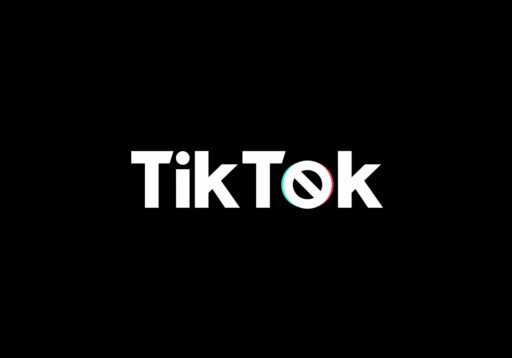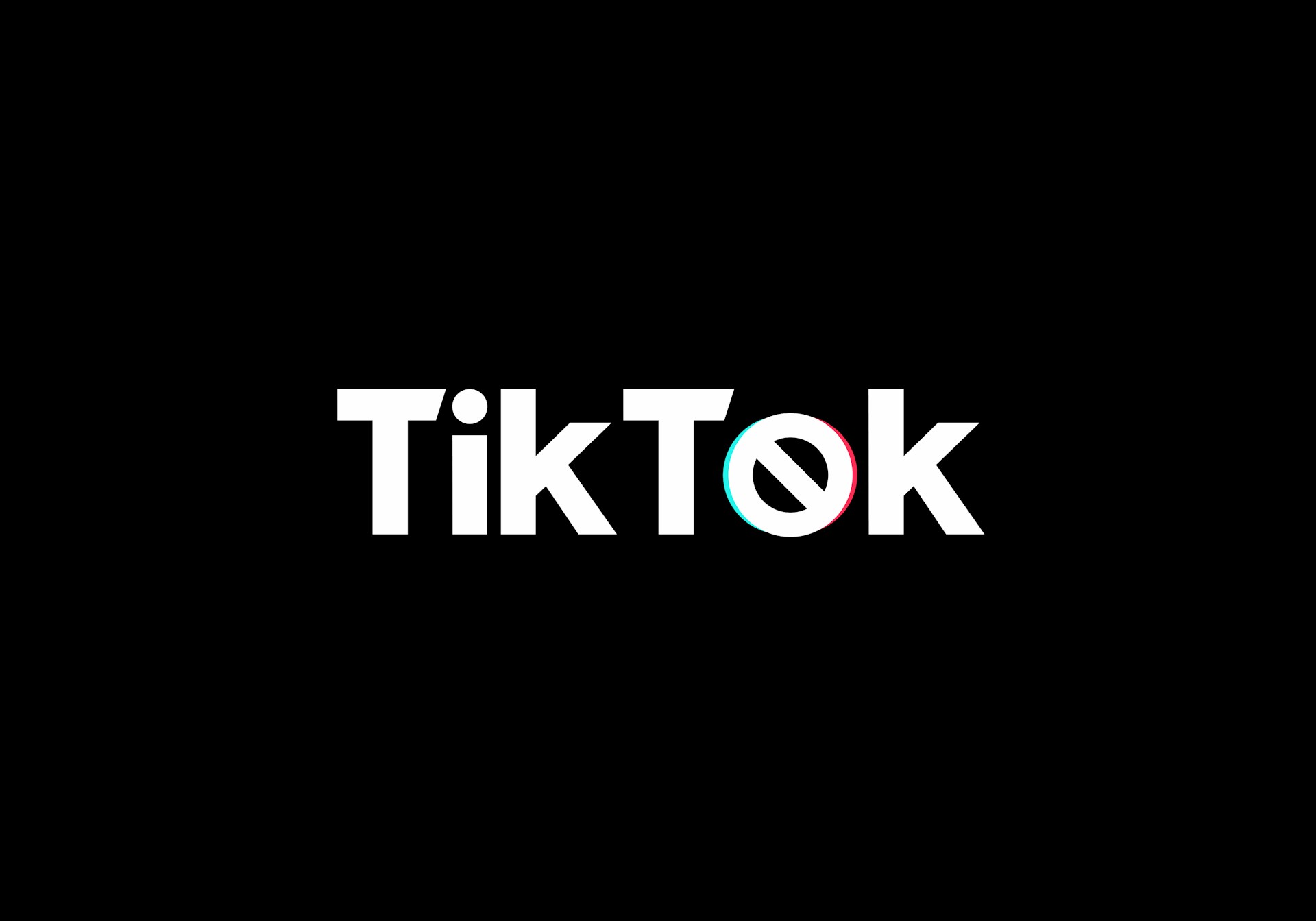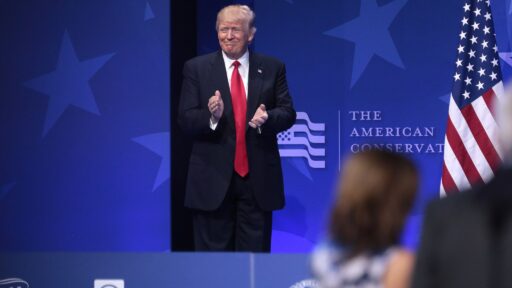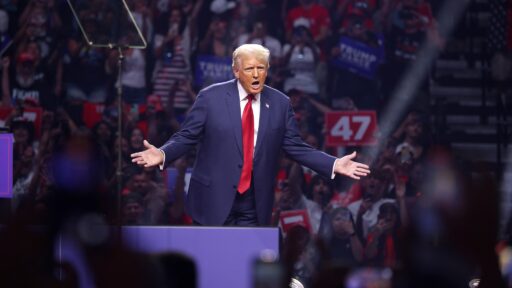Tech Giants Go MAGA
As President-elect Donald Trump prepares for his inauguration, one of the most notable features of the event is the strong presence of Silicon Valley’s top tech leaders, marking a significant shift in the relationship between the president-elect and the industry. For years, Trump had been a vocal critic of the tech giants, especially those based in deep-blue California. But now, many of these executives are eager to make amends, showcasing their newfound willingness to work with the incoming administration.
Among the tech leaders attending the inauguration are Tesla CEO Elon Musk, Meta CEO Mark Zuckerberg, Google CEO Sundar Pichai, Amazon founder Jeff Bezos, and TikTok CEO Shou Zi Chew. Their participation signals a turning point after years of antagonism between Trump and Silicon Valley. Even companies like Meta and Amazon, which previously held reservations about Trump’s leadership, have now moved to extend their support. The shift became particularly evident in the months leading up to the election, as tech leaders began to reach out to Trump, signaling a readiness to collaborate.
What’s more, these executives have shown their support through financial contributions, with Meta, Google, and Amazon collectively donating millions to Trump’s inaugural fund. Some have even publicly stated that they believe Trump will be a key figure in leading the U.S. into the next phase of technological advancement, particularly in areas like artificial intelligence.
For many on the right, this move represents a pragmatic approach to governance. As Republican strategist Brittany Martinez explains, tech leaders may be seeking to align themselves with the incoming president to avoid becoming adversaries of the most powerful figure in the world. However, it’s clear that Trump’s transactional nature is at play as well. As some analysts suggest, Trump’s approach is to assess the value these tech leaders bring and use them to further his own goals. Should these companies no longer serve his interests, he could easily distance himself from them.
The shift in tone also highlights a broader trend within the tech industry. With Trump’s return to office, there’s been a notable shift in content moderation policies, with companies like Meta scaling back third-party fact-checking and moving toward a more community-based approach. These changes suggest that the tech giants are eager to align themselves with Trump’s vision of free speech, as well as his broader stance on limiting government intervention.
While critics on the left warn of an emerging oligarchy, accusing the tech elite of consolidating power, those on the right view this collaboration as a necessary and strategic move. The result is an inauguration marked by the gathering of powerful figures from both the political and tech worlds, setting the stage for a new era of cooperation—or confrontation—between Silicon Valley and Washington, D.C. As Trump takes office, it remains to be seen how these relationships will evolve, but one thing is clear: Silicon Valley’s most powerful figures are no longer simply foes of the president; they are potential allies in shaping the future of America.







